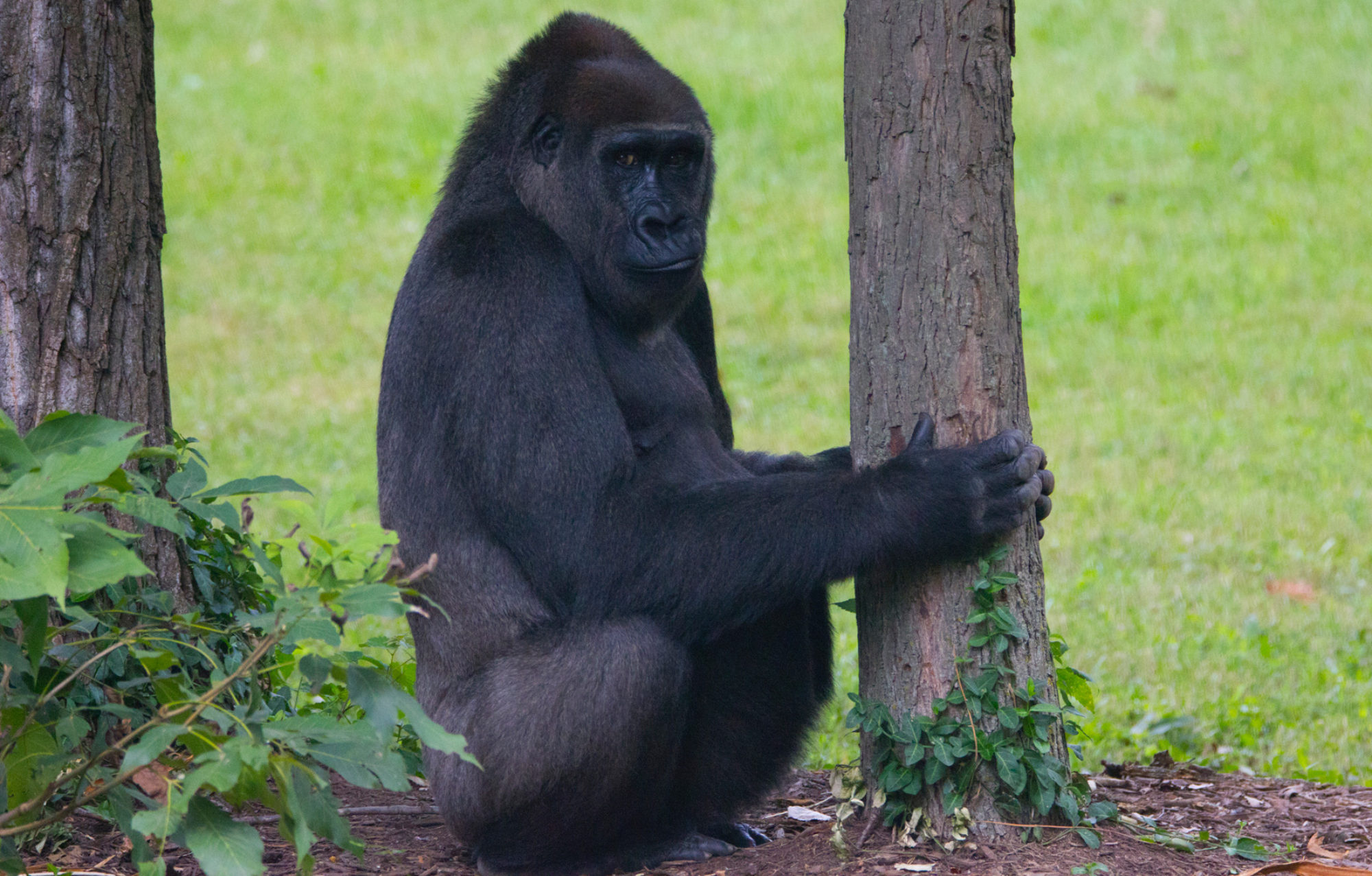
It is a worthy thing to fight for one’s freedom; it is another sight finer to fight for another man’s. Mark Twain, Letters.
Joyce’s Goliath
Her husband was still alive when she first came to see me. They were both unhappy with the doctors who had failed to order the routine tests that would have diagnosed his cancer while there was still a chance to treat it. She was angry. He may have been angry, too, but mainly what he talked to me about was his concern about what would happen to her after he was gone.
It was a tough case, one other lawyers had turned down. The doctors’ negligence was clear, at least to me, but his cancer was very aggressive and his doctors had a strong argument that his diagnosis would have come too late to save him even if they had ordered the testing they should have ordered. I liked him, and I didn’t think that no harm, no foul ought to be a defense when you took away a man’s only shot at a cure, even if it was a long shot. We took the case.
Cancer took him before we got to the end, so he never knew about the settlement the defense agreed to pay on the eve of trial. It didn’t make her rich—we have caps on damages in malpractice cases in Missouri—but it gave her the safety net he had been so worried he was leaving her without.
She cried and hugged me when the case was finally over. Through her tears, she told me “From the day I first met you, I knew that you were my Goliath.”
I was pretty much raised in church. I know about David and Goliath, and as between the two of them I know which one you want to be. But I knew what she meant, so I just thanked her and hugged her back.
